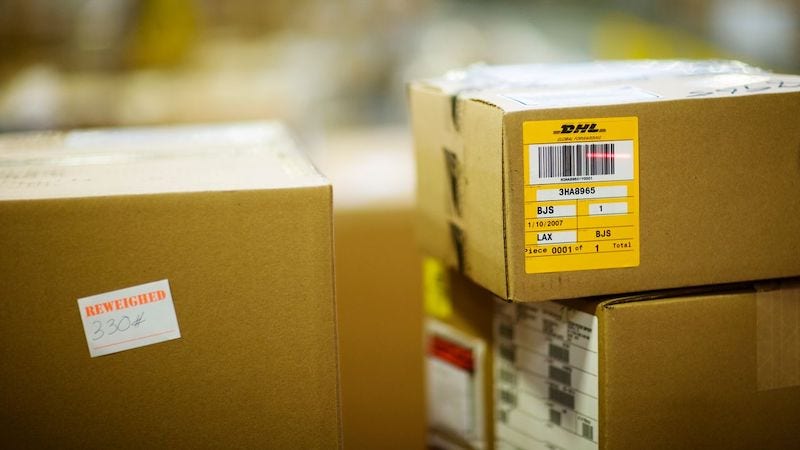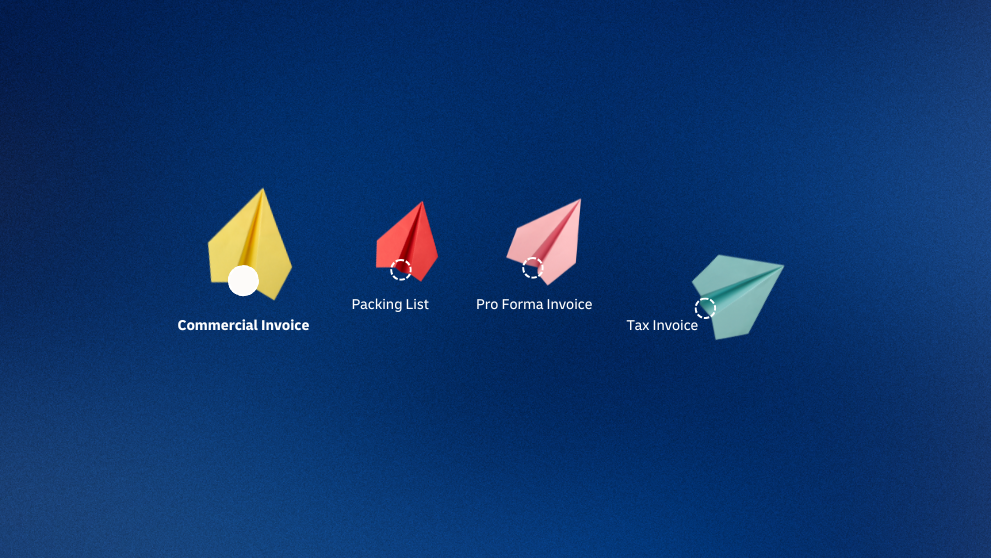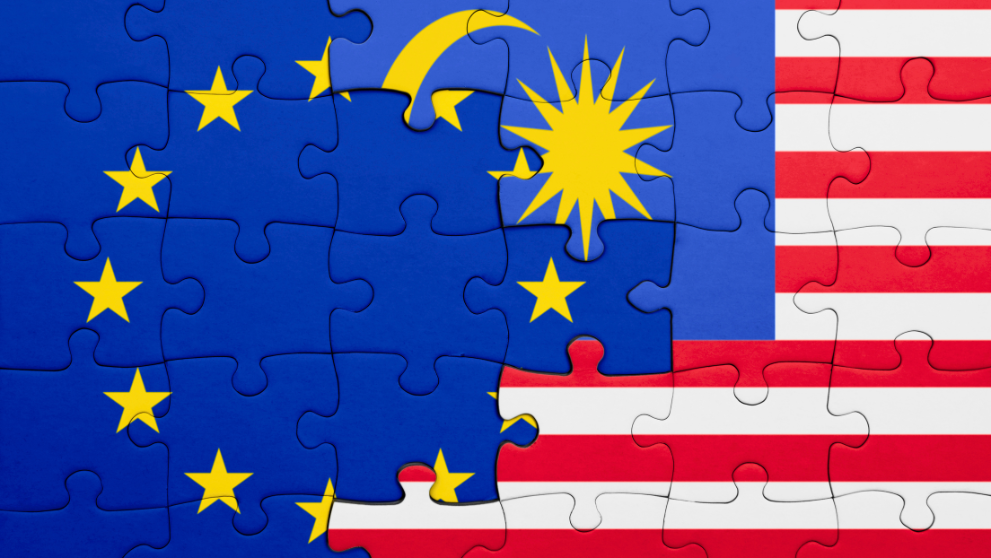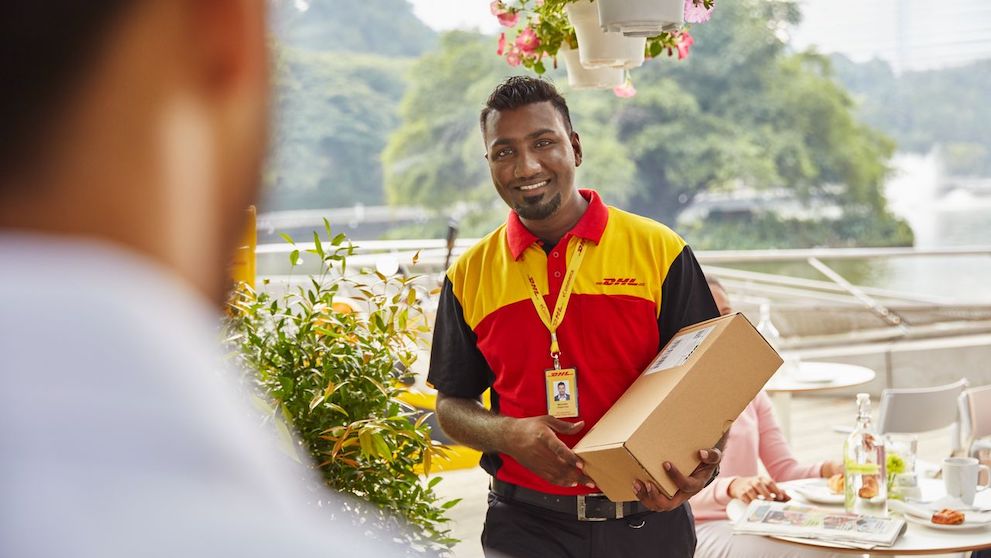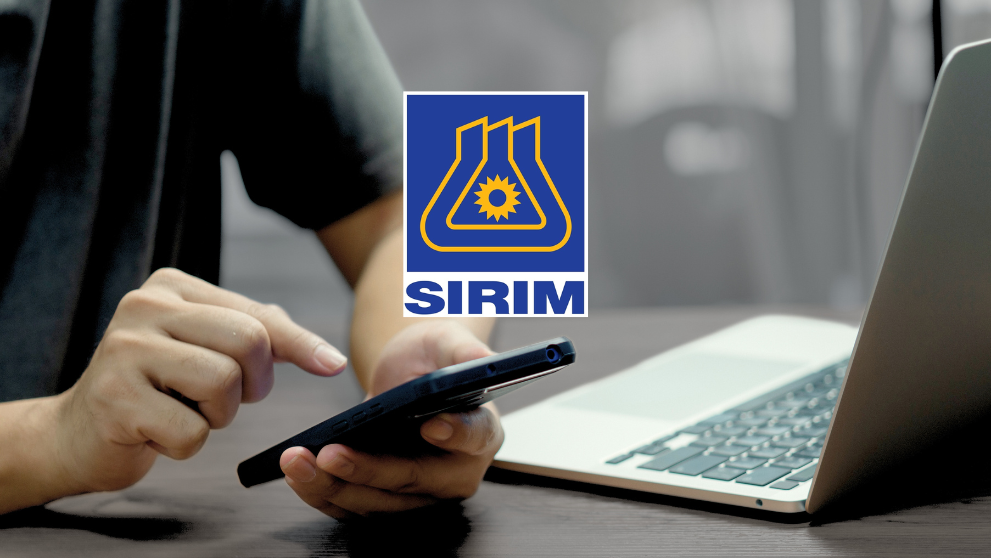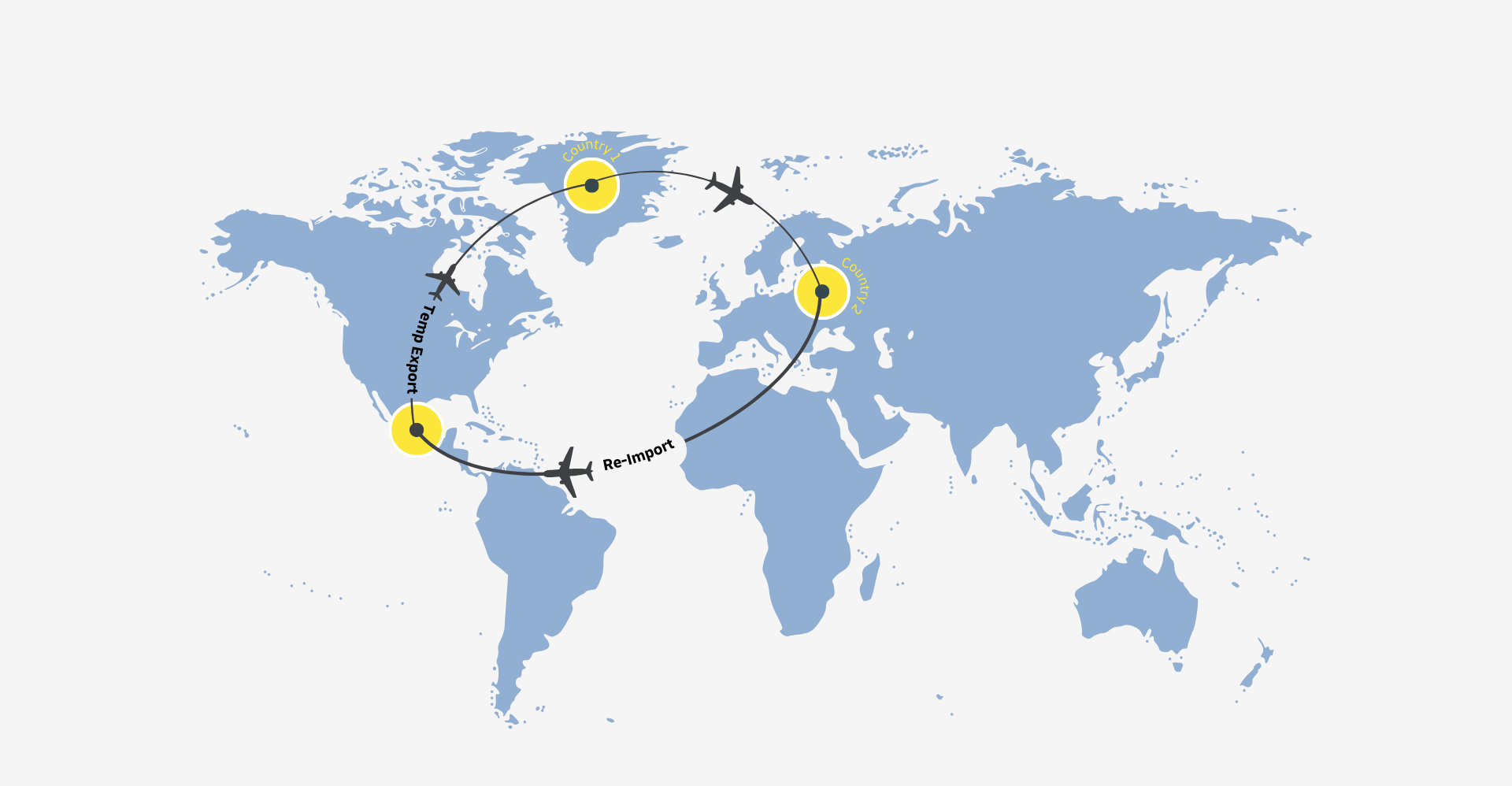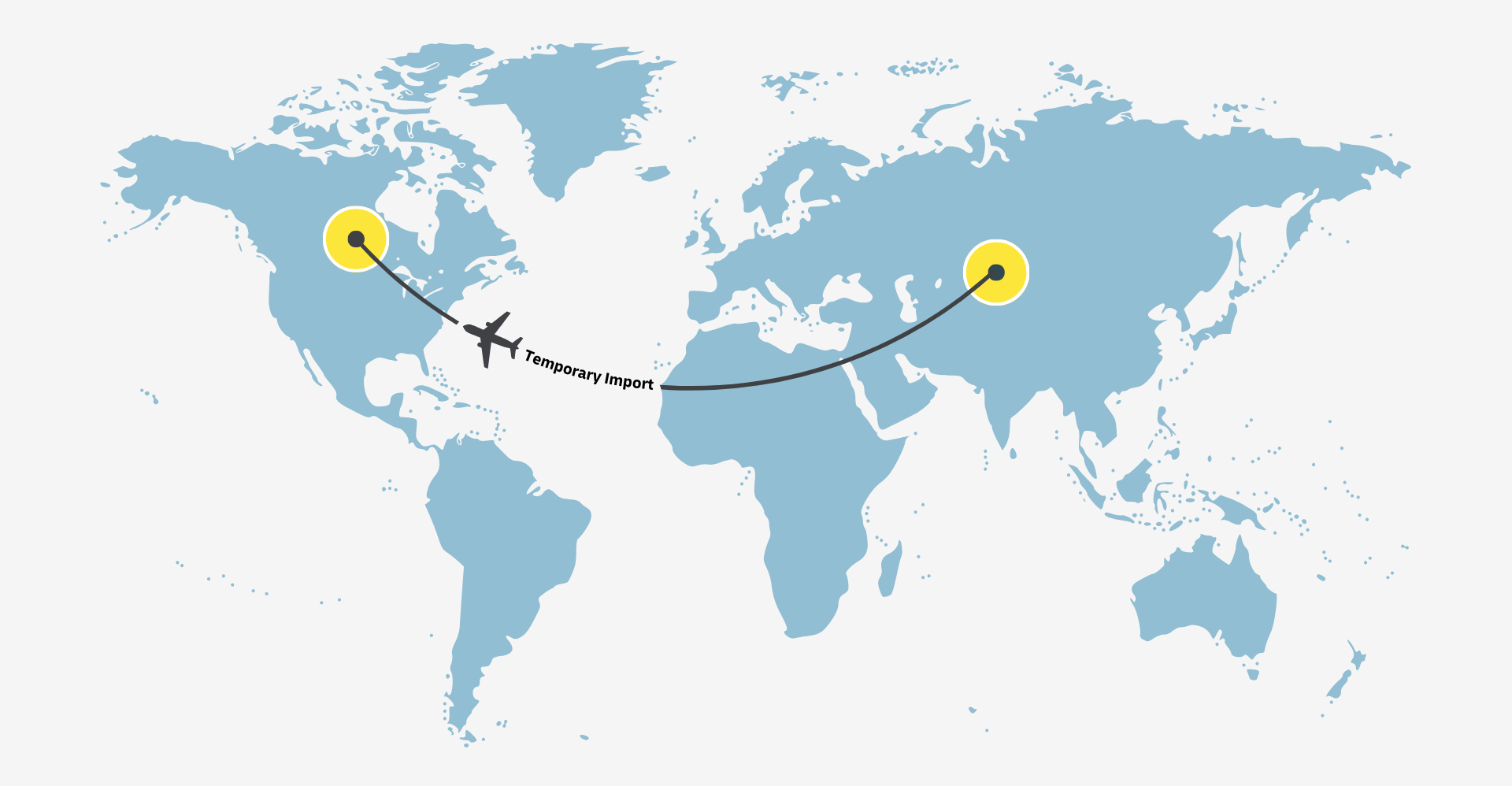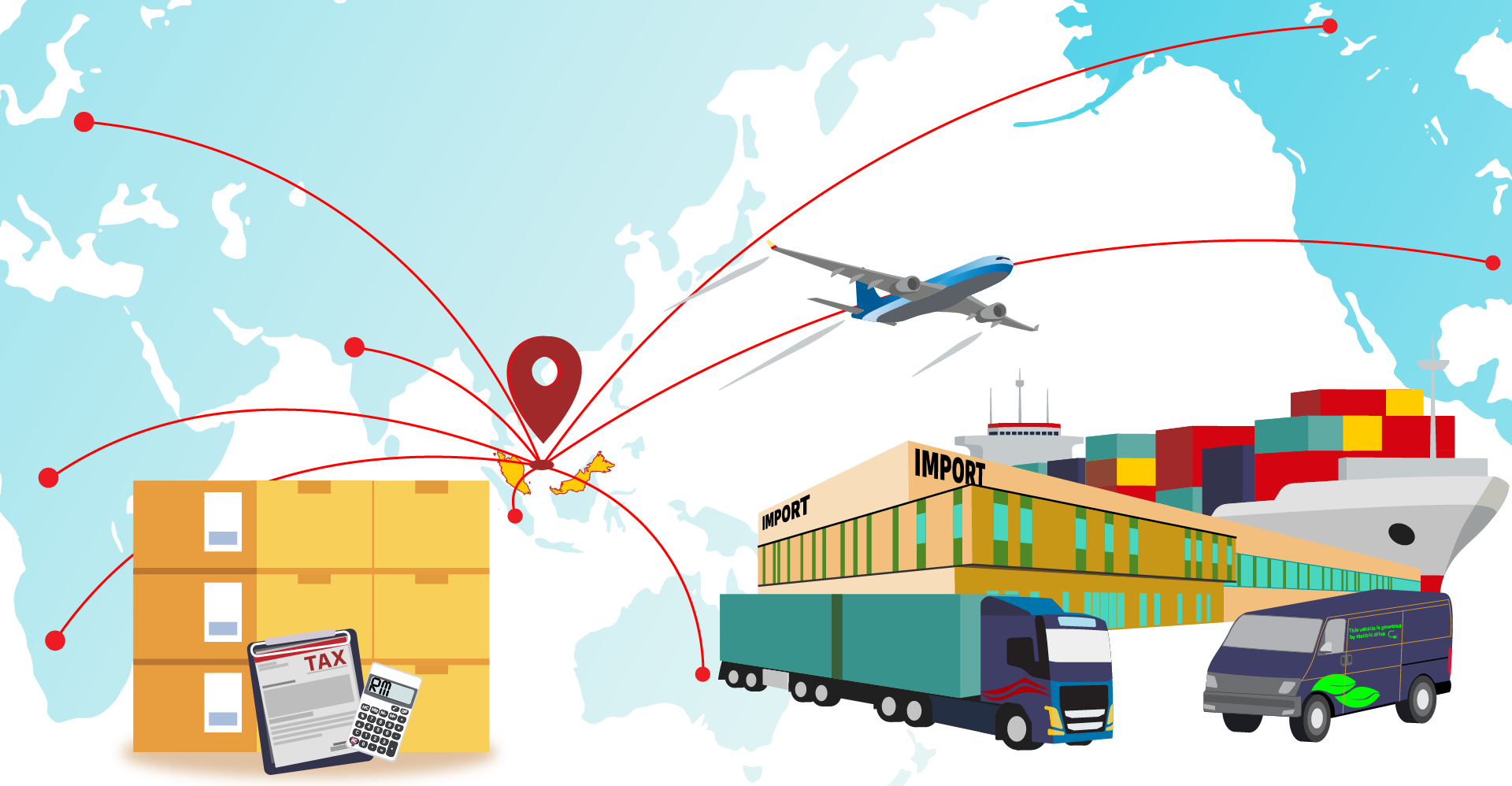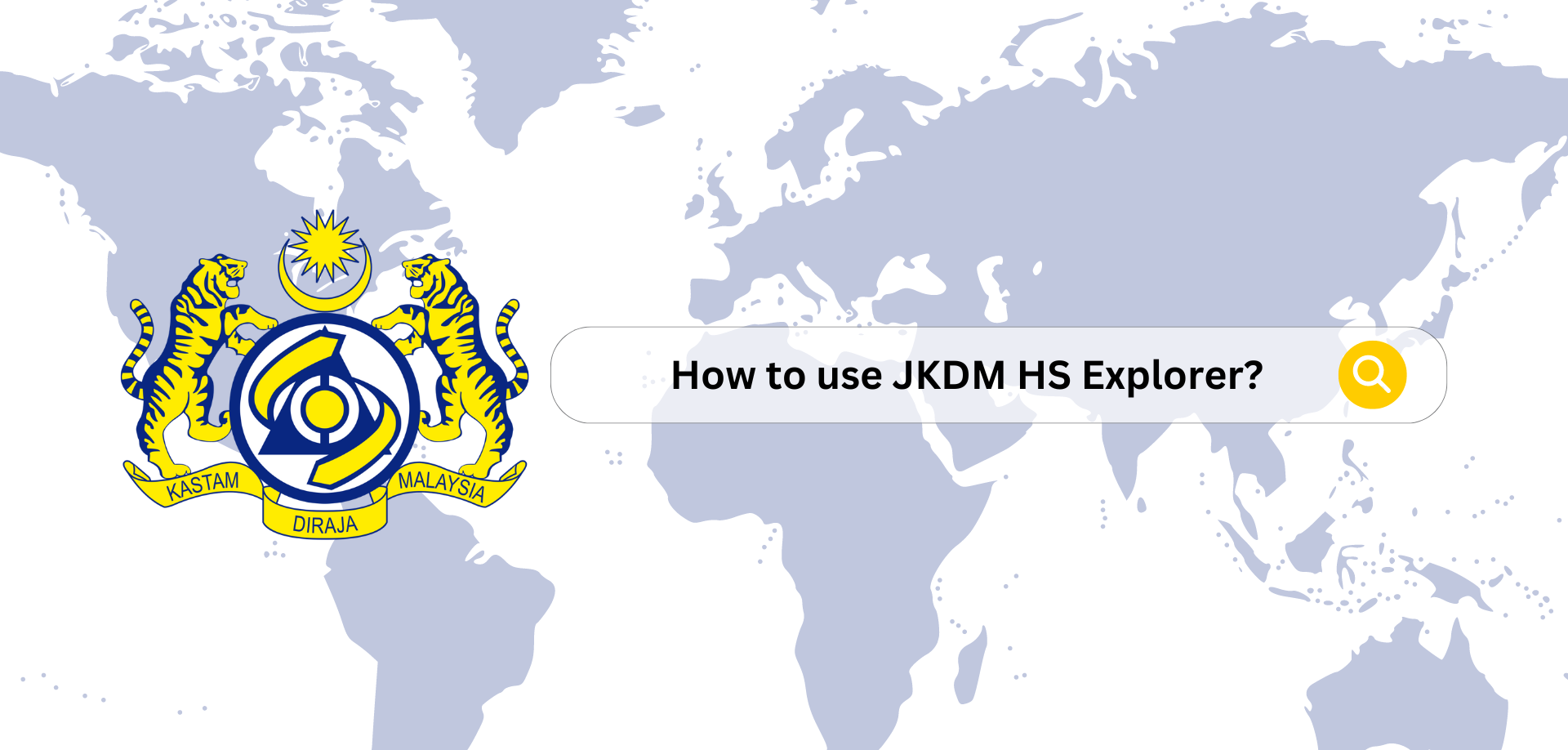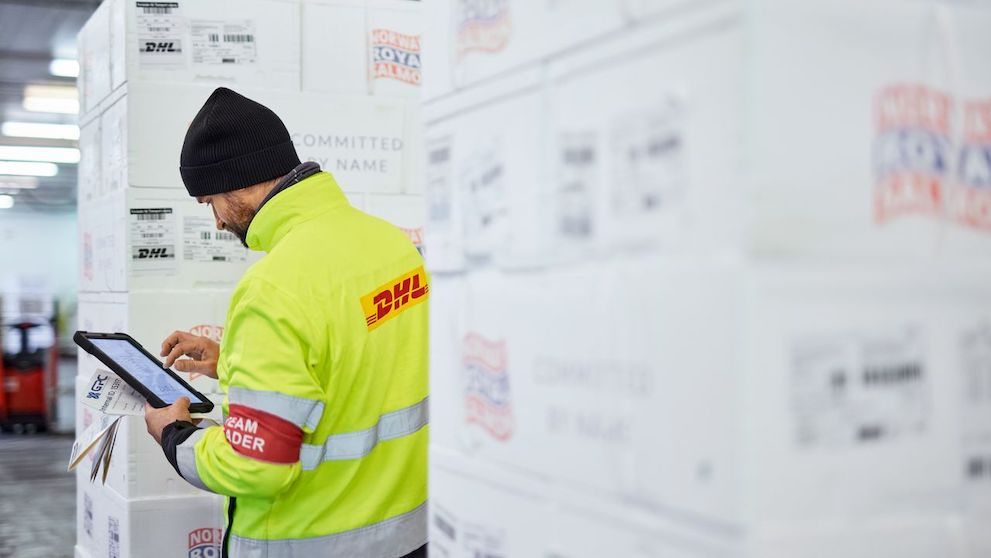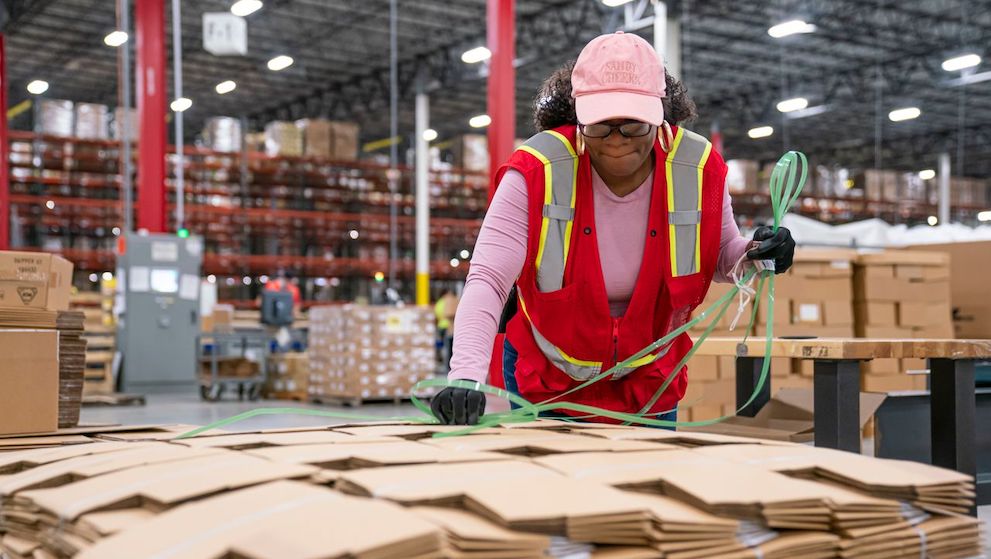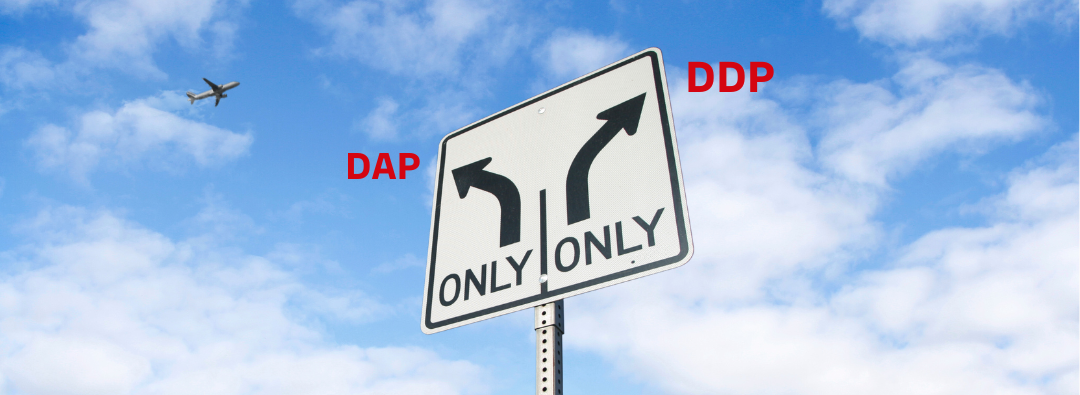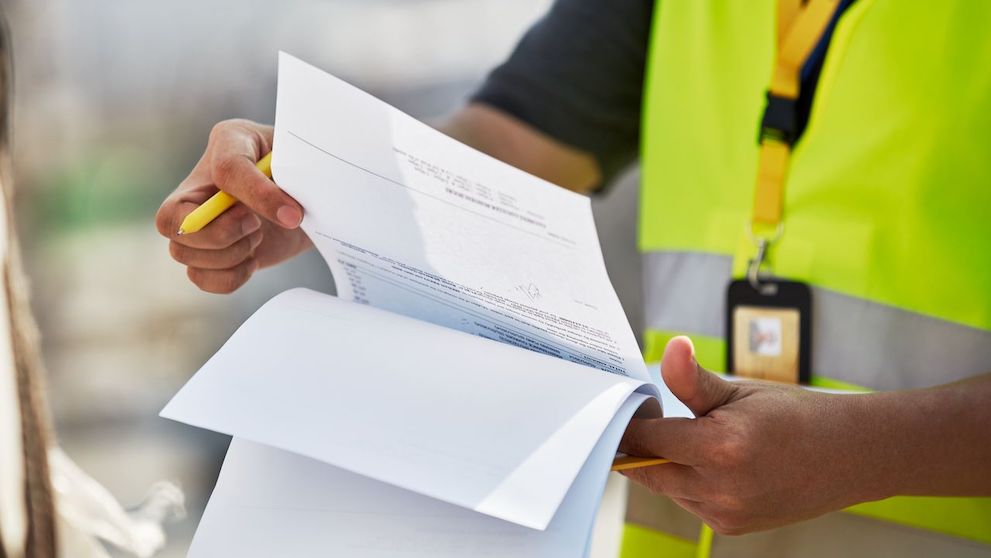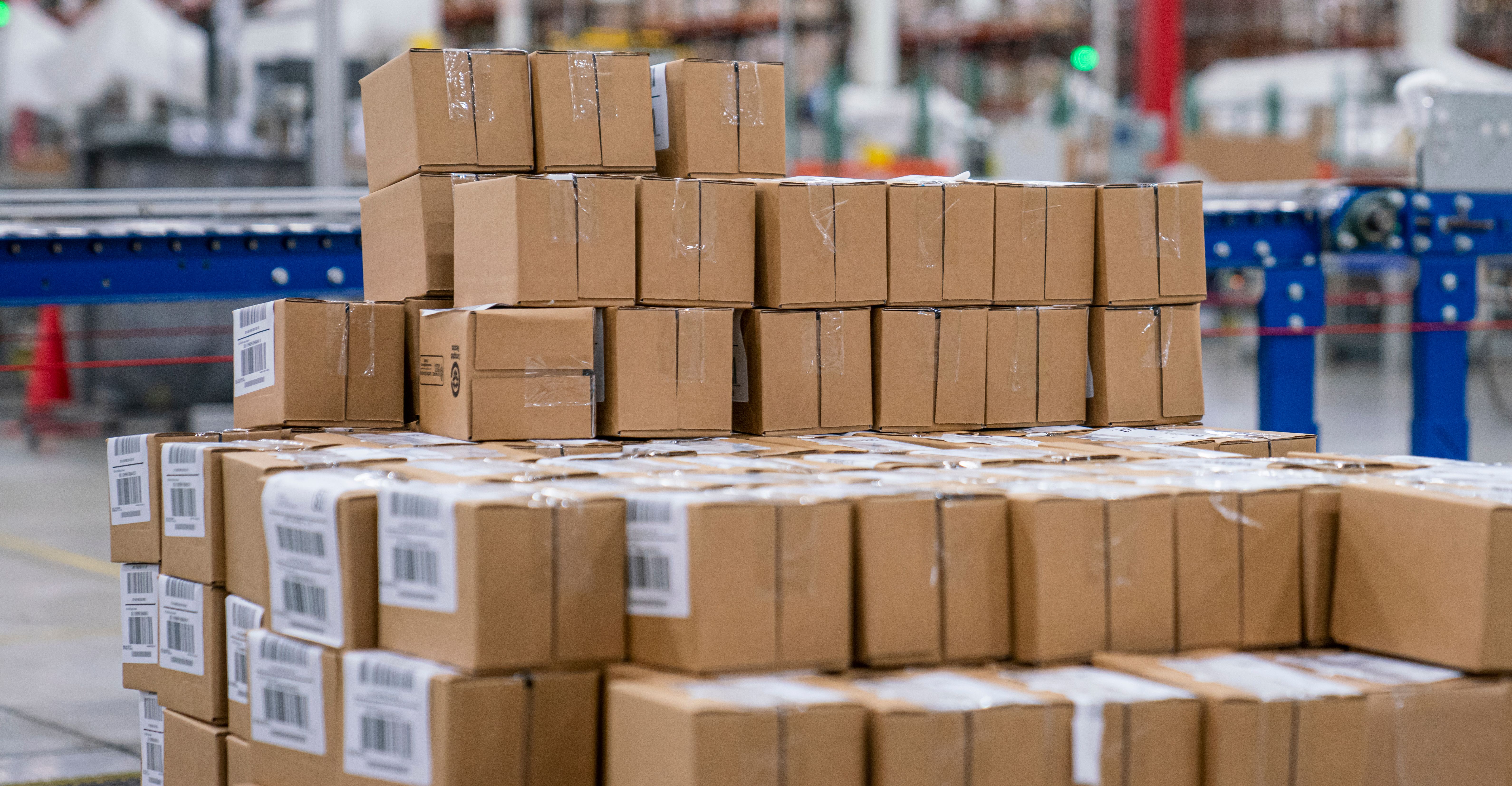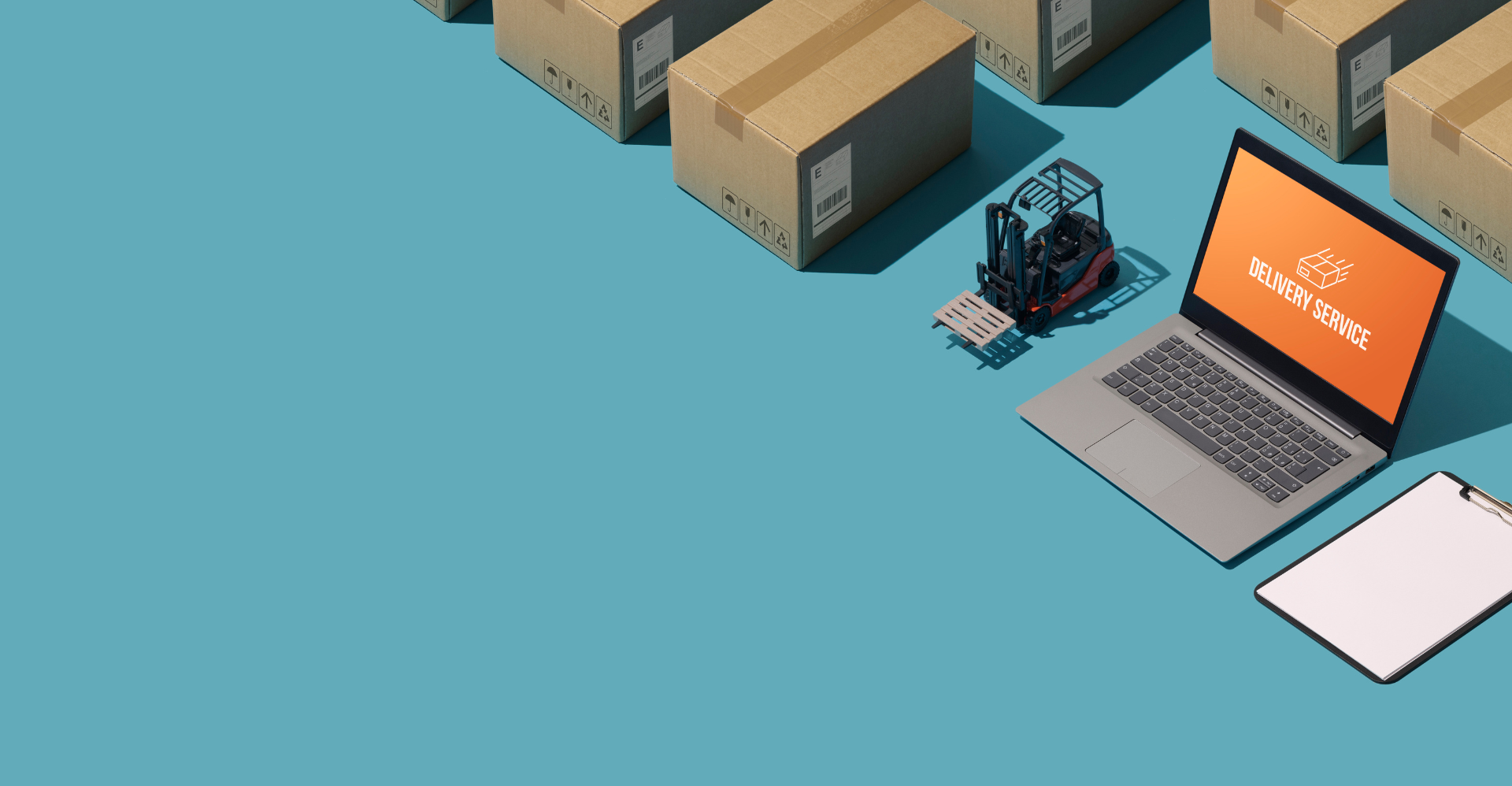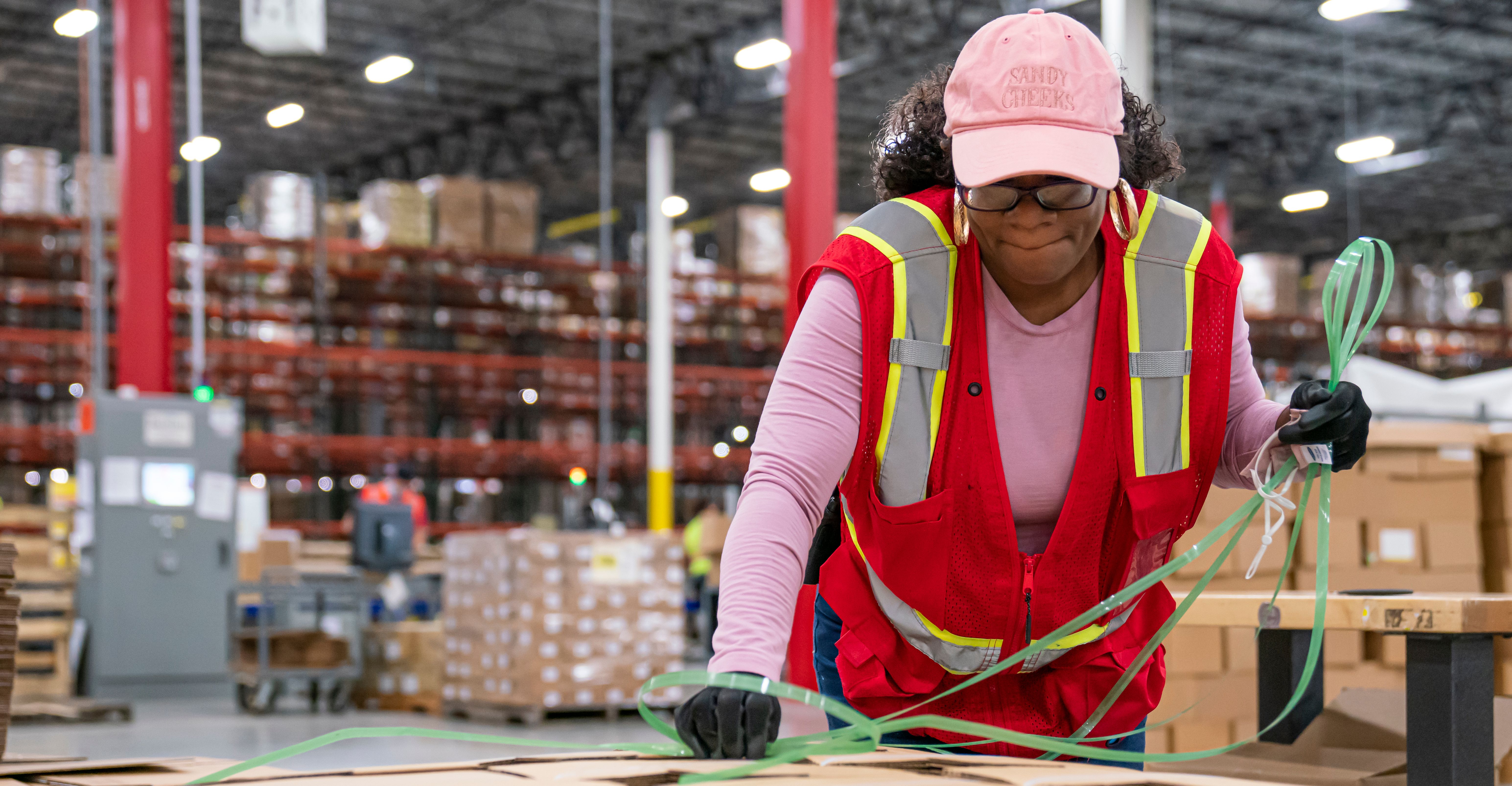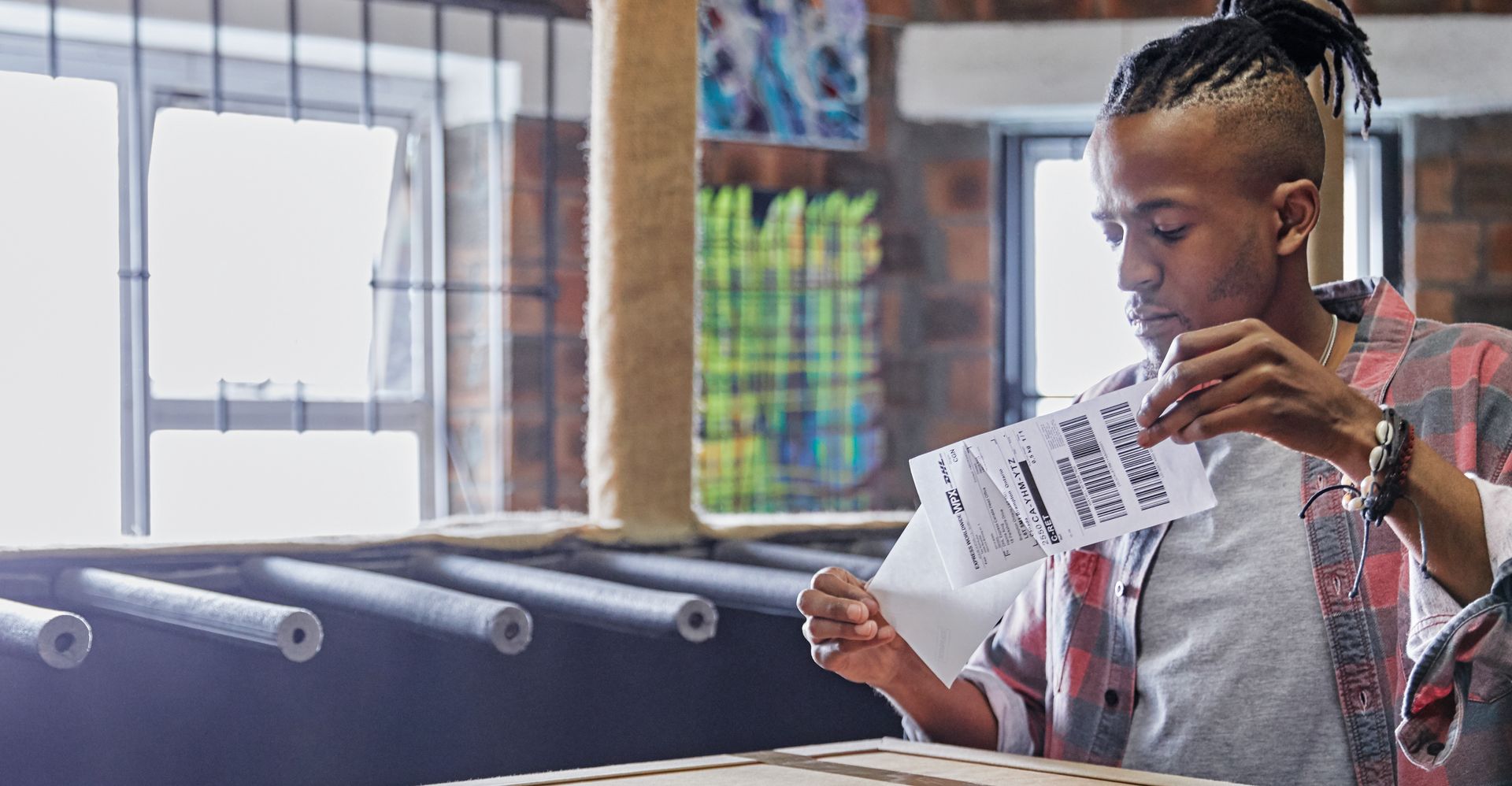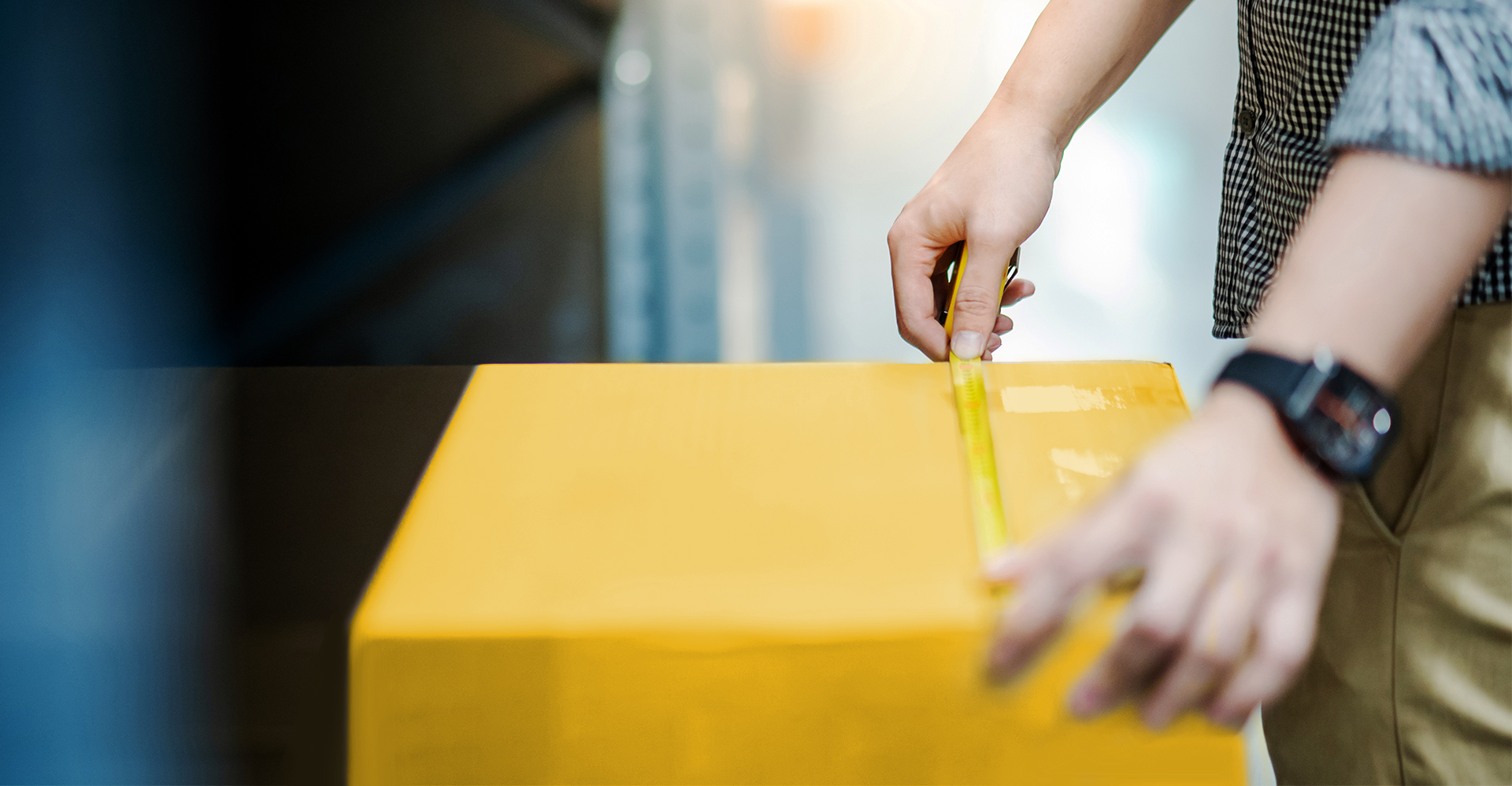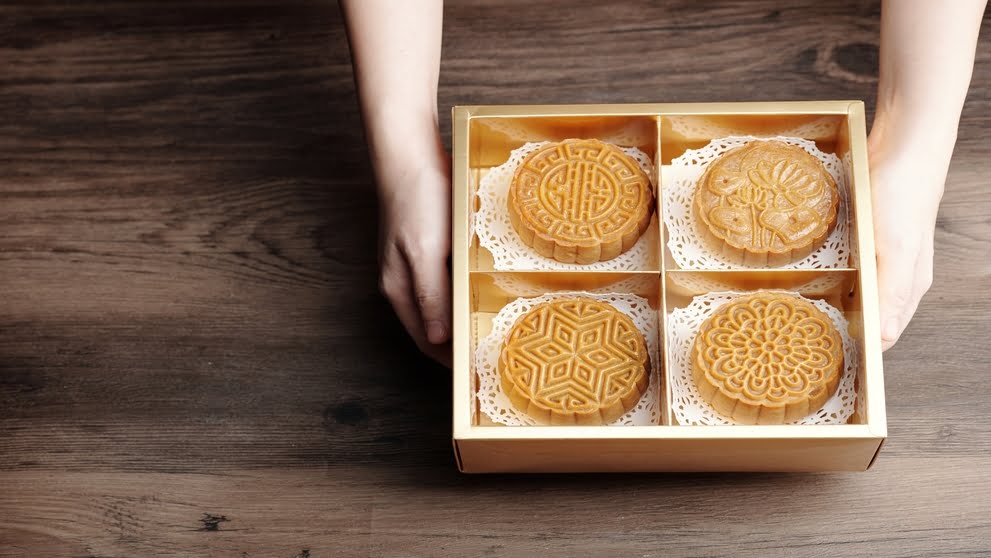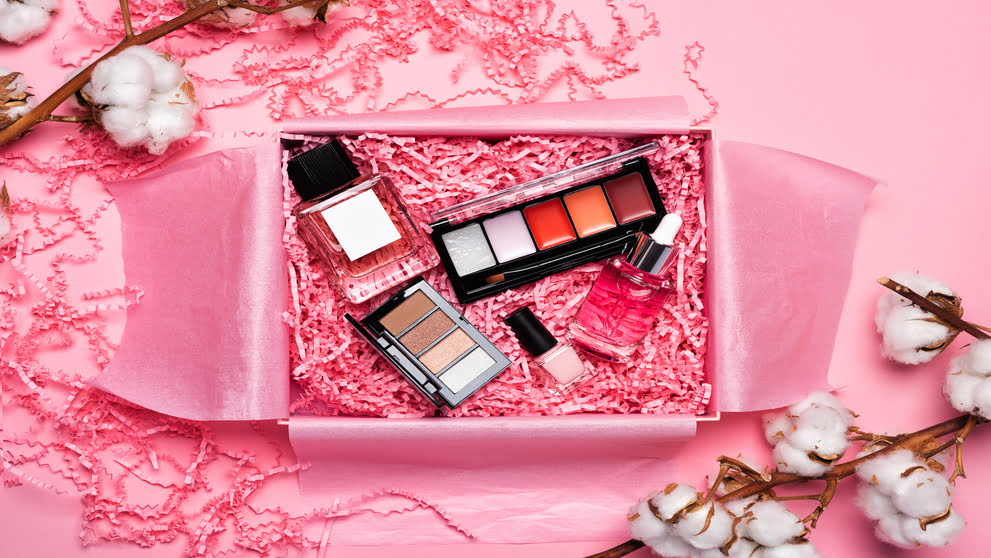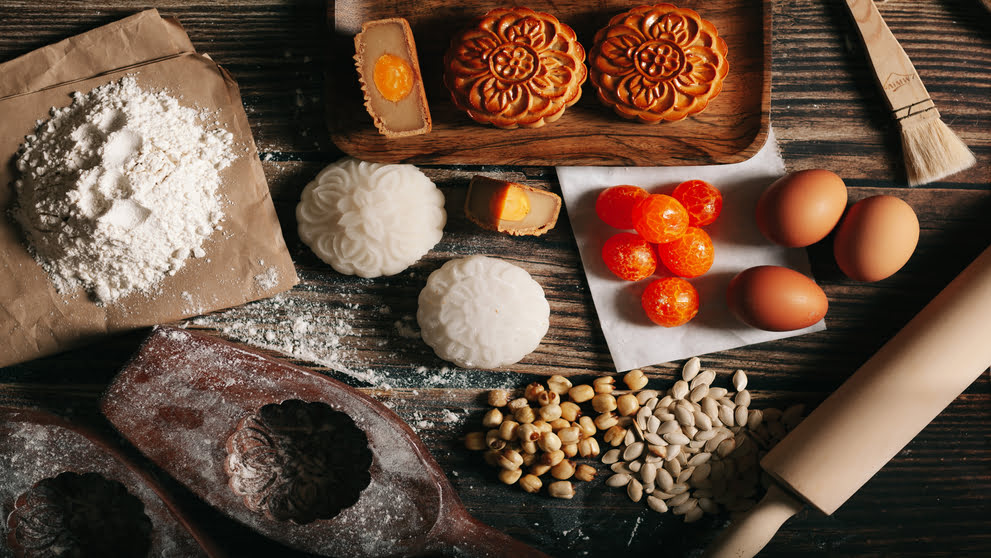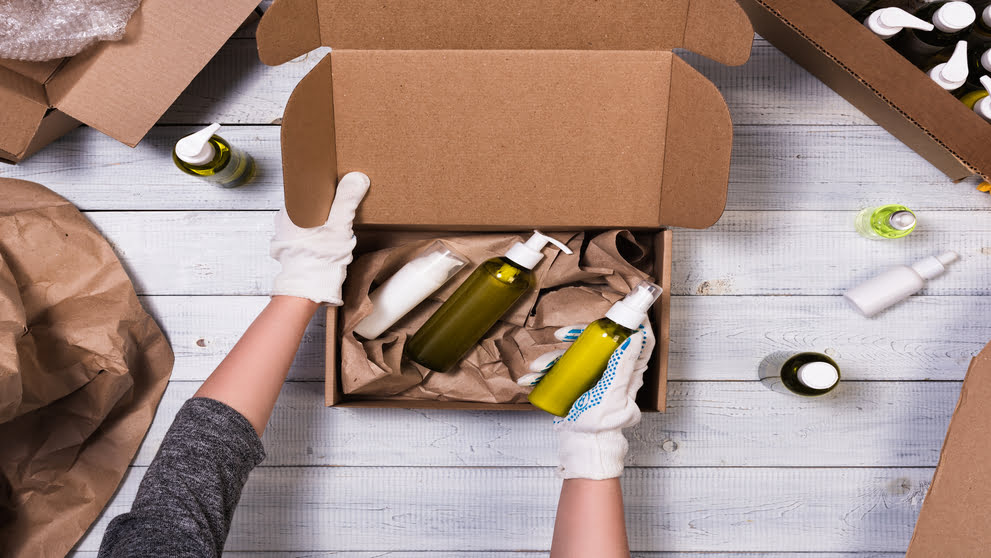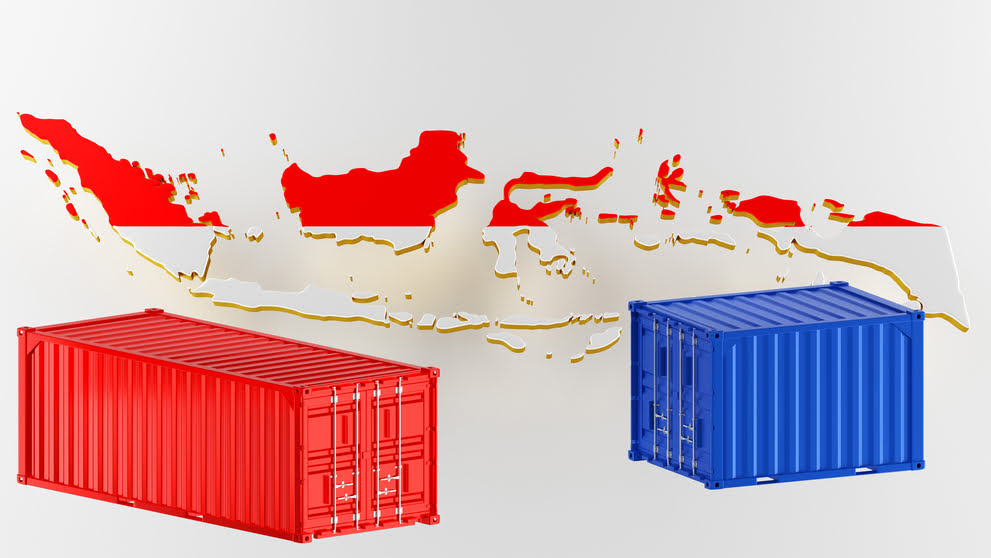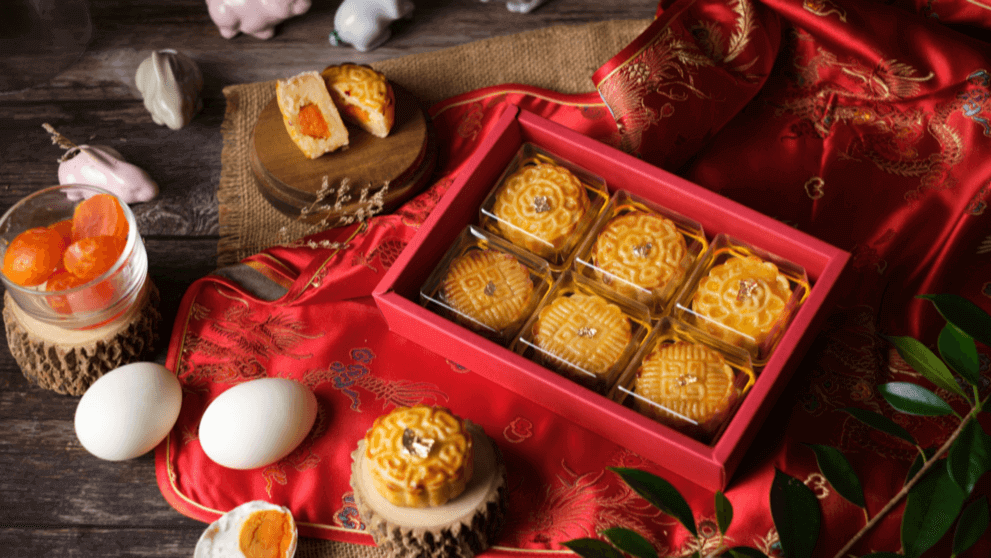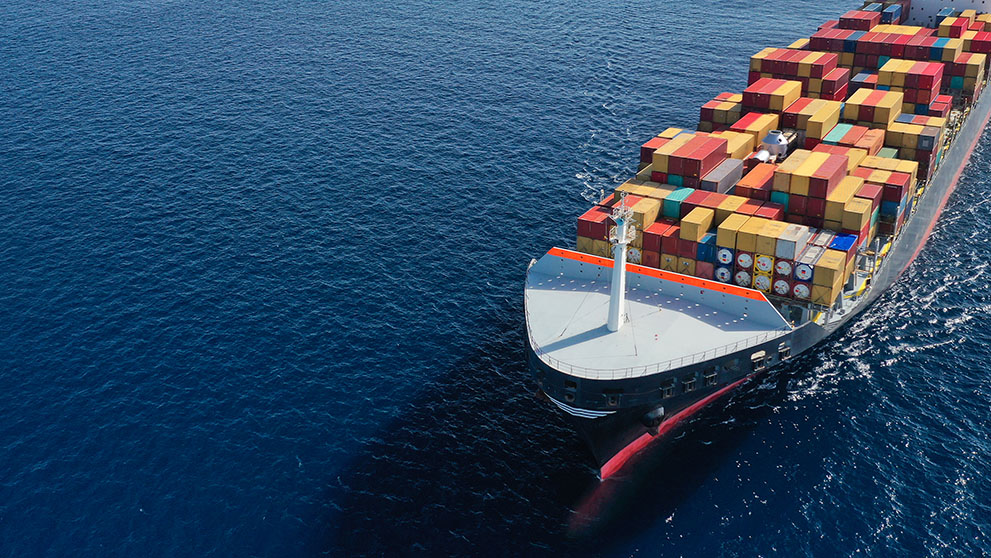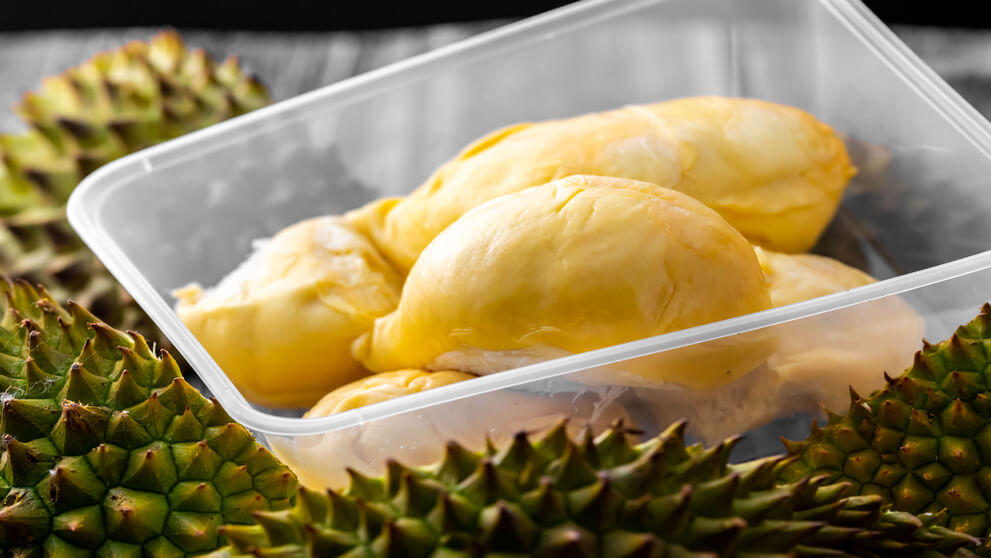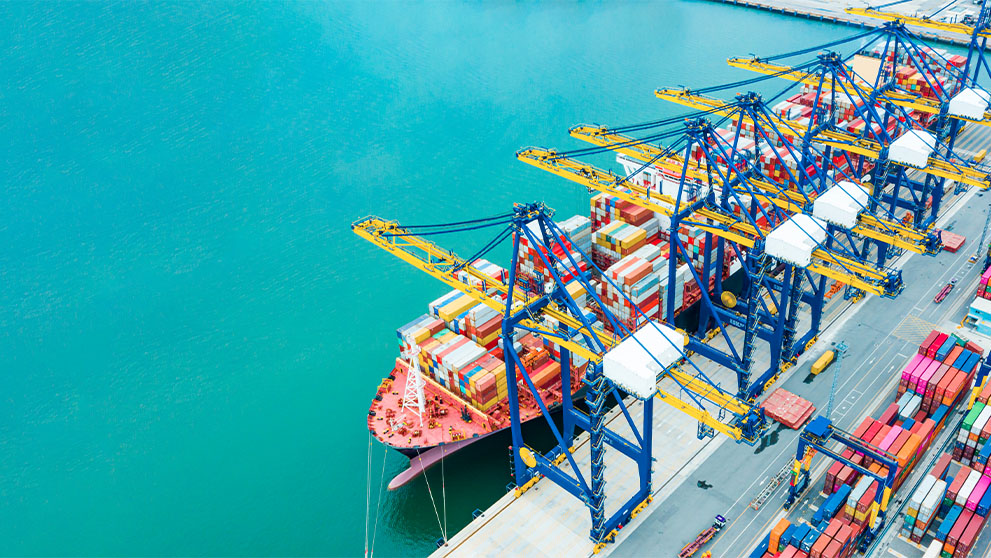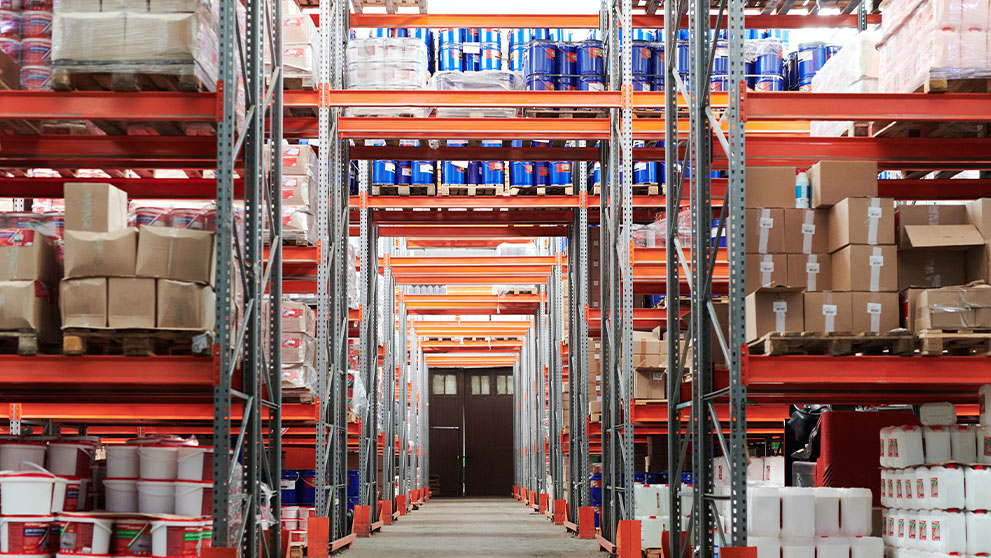The allure of perfume can be traced back to Mesopotamia, 4000 years ago, while the first liquid perfume can be credited to the Ancient Greeks. But the Arabs and their discovery of distillation techniques made it possible for perfumes – as we know it today – to be manufactured, bottled, and readily purchased. This development has also allowed this potent liquid to spawn today’s billion-dollar industry. In 2021, the global fragrance market value reached US$30.6 billion, and this figure is expected to reach US$43.2 billion by 2028, according to Fortune Business Insights. Perfumes are a lucrative business. And the industry does not show any signs of slowing down.
Different types of perfumes are used to signify different personalities and styles and have the power to influence a person's mood, behaviour, and emotion. In perfume making, fragrances or essential oils are often used to create a pleasant aroma. Natural ingredients such as spices, wood and flowers, and animal extracts, like musk, are used in the production of perfumes.
Niche perfumes – exclusive perfumes sold in limited quantities in selected boutiques – are gaining popularity and becoming a highly desired item. What makes these perfumes unique and expensive are the rare materials that are sourced and distilled by perfume-making experts during production. As the demand for such perfumes grows all over the world, boutique perfume makers in Malaysia can take the opportunity to explore international markets and increase their market share. This article provides a guide to exporting perfumes from Malaysia.
Booming demand for niche perfumes
Despite the COVID-19 pandemic, the perfumes and fragrances market has resumed its upward trend relatively quickly. A recent report by Mordor Intelligence shows that the industry forecasts a CAGR of 5.52% for 2022-2027. These forecasts coincide almost perfectly with the fast-growing market in the Asia-Pacific region, which includes three countries with the largest economies in the world in terms of purchasing power-based GDP, a report by the World Bank indicates – China with 16.4%, India with 6.7% and Indonesia with 2.4%. But how can wholesale perfume suppliers in Malaysia benefit from this market trend?
While the big brands, such as Chanel, Yves Saint Laurent, and Dior, still dominate, the region has developed a new taste for niche perfumes. But what are they, and why have they gained popularity? Niche perfumes are made with rare, high-quality ingredients and are made in-house by expert artisan perfumers. Each scent is carefully devised and crafted; hence, there is always something new. Niche perfumes are sold in small quantities at the company’s store only, so consumers will be purchasing a scent that is exclusive and hard to find. As perfumes signify one’s personality, people would prefer a special scent that is uniquely theirs.
Besides the negative impact of the pandemic, the ever-changing fashion trends have helped create new opportunities for smaller companies as well as local powerhouses like Auphorie, Rirana Parfum and Malay Perfumery. Malaysian cosmetic brand exporters can conduct market research to determine which countries they should export to and establish their global target market.
What are the different types of perfume and how do they differ?
As there are many different types of perfume scents and can sometimes be hard to distinguish, customers may choose to make their choices based on the fragrance type and perfume quality. Although most perfumes contain ethyl alcohol, the different types of perfume differ in their ingredients. If you are wondering which type of perfume lasts longer, here is a breakdown of the five main types of perfume:
Parfum – has the highest concentration of fragrance (15% to 40%) and relatively little alcohol compared to other perfumes.
Eau de Parfum – is one of the most common types of fragrance, with a concentration between 15% and 20% and a slightly higher alcohol content.
Eau de Toilette – is commonly used for daywear and has a fragrance concentration between 5% and 15%.
Eau de Cologne – has a fragrance concentration of 2 to 4% but a very high alcohol content.
Eau Fraiche – has a lower fragrance concentration than Eau de Cologne and a lower alcohol content.
There are also four different categories of perfume notes: oriental, floral, fresh and woody. According to the fragrance wheel, perfume scents are grouped based on similarities and differences so that retailers can easily suggest perfumes to consumers. We provide a breakdown of the fragrance wheel and the scent of each sub-category:
Oriental
Soft oriental: soft floral notes with warm spices
Woody oriental: earthy notes (eg. warm amber and sandalwood)
Oriental: sweet, warm notes (eg. vanilla, cinnamon and musk)
Floral
Fruity: sweet notes that resemble fruits (eg. peach, apple and pear)
Floral: smells like fresh flowers (eg. rose, lily and peony)
Floral oriental: floral notes with a hint of spice notes
Soft floral: powdery and sweet
Fresh
Aromatic: fresh and clean mixed with woody notes or lavender
Water: oceanic notes mixed with rain or sea spray
Citrus: tangy notes (eg. oranges and bergamot)
Green: similar to freshly cut grass
Woody
Dry woods: smoky with a leathery aroma
Woods: aromatic notes (eg. sandalwood, cedarwood)
Mossy woods: earthy notes with sweet, smooth scent (eg. oakwood, amber)
Shipping from Malaysia is usually a straightforward process that requires a one-time export licence, which you can obtain from the Ministry of International Trade and Industry (MITI). The trade-friendly laws help the country establish itself as a trade hub, shipping products to countries such as Thailand and Singapore. To ensure your perfumes are successfully delivered to your customers overseas, prepare the list of required shipping documents, for example, the commercial invoice, bill of lading, and air waybill. Different countries have a unique set of regulations; conscientiously doing prior research and gathering the information you need before shipping would ensure you can successfully engage in the international trading of perfumes.
International shipping services for fragrances and perfumes
Undoubtedly, the perfume industry is a lucrative business that will most likely continue to grow in popularity and revenue. In this regard, learning how to start an export business in Malaysia selling perfumes internationally requires a proper understanding of the dos and don'ts of shipping perfumes. Learning how to ship liquids internationally is the first step to running a successful international perfume business. Start your export journey now.

